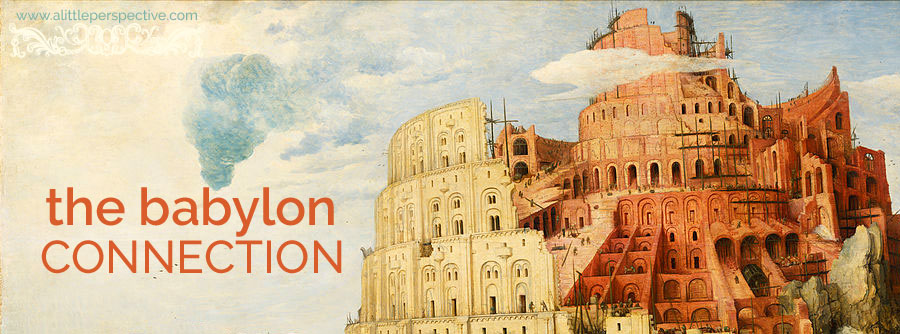the babylon connection
the babylon connection, part two
the babylon connection, part three
the babylon connection, part four
the babylon connection, part five
the babylon connection, part six
the babylon connection, part seven
the babylon connection, part eight
the babylon connection, part nine
the babylon connection, part ten
the babylon connection, part eleven
the babylon connection, part twelve
the babylon connection, part thirteen
the babylon connection, part fourteen
The final chapter in volume 1 of Bryant’s Ancient Mythology is titled, An account of the gods of Greece, to show that they were all originally one god, the sun. That Greek mythology was not original to the Greeks, but a borrowed system, Bryant takes notice, in that the Greeks little understood the origin or history of their mythology, as attested by Plato:
“There is at the head of the Egyptian Delta, where the river Nile divides, a city and district called Sais; the city was the birthplace of King Amasis, and is under the protection of the goddess Neith or Athene. The citizens have a friendly feeling towards the Athenians, believing themselves to be related to them. Hither came Solon, and was received with honour; and here he first learnt, by conversing with the Egyptian priests, how ignorant he and his countrymen were of antiquity.” — Timaeus of Plato
… and Herodotus:
“The Egyptians, they went on to affirm, first brought into use the names of the twelve gods, which the Greeks adopted from them; and first erected altars, images, and temples to the gods; and also first engraved upon stone the figures of animals.” …
“… at the end of which time you reach a great city called Meroe, which is said to be the capital of the other Ethiopians. The only gods worshiped by the inhabitants are Jupiter and Bacchus, to whom great honours are paid.” …
“Therefore the Egyptians give their statues of Jupiter the face of a ram: and from them the practice has passed to the Ammonians, who are a joint colony of Egyptians and Ethiopians, speaking a language between the two; hence also, in my opinion, the latter people took their name of Ammonians, since the Egyptian name for Jupiter is Amun.”
[We have already seen that the Egyptian god Amon is the deified Ham, the son of Noah, worshiped as the sun.] …
“Almost all the names of the gods came into Greece from Egypt. My inquiries prove that they were all derived from a foreign source, and my opinion is that Egypt furnished the greater number.” …
“Whence the gods severally sprang, whether or no they had all existed from eternity, what forms they bore- these are questions of which the Greeks knew nothing until the other day, so to speak. For Homer and Hesiod were the first to compose Theogonies, and give the gods their epithets, to allot them their several offices and occupations, and describe their forms; and they lived but four hundred years before my time, as I believe.” — Herodotus book II, translated by George Rawlinson
Bryant also quotes Sir John Marsham in Chronicus Canon Ægyptiacus Ebraicus Græcus, who writes:
“It is said … that Osiris was by some thought to be Jupiter, and by others to be Pluto. But Pluto, among the best theologists, was esteemed the same as Jupiter; and indeed the same as Proserpine, Ceres, Hermes, Apollo, and every other deity.”
Osiris was an Egyptian deity, and Jupiter the supreme deity of the Greek gods. Here the British scholars concur with Herodotus that Greek mythology originated in Egypt; and that all the various Greek gods were just different personas, and titles, for the same deity. To be continued …

















Leave a Reply